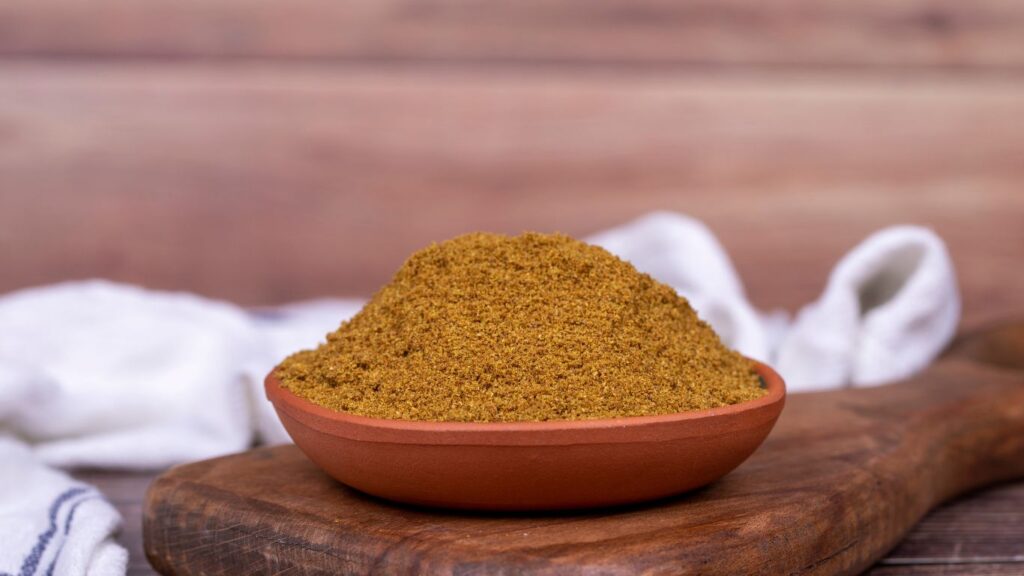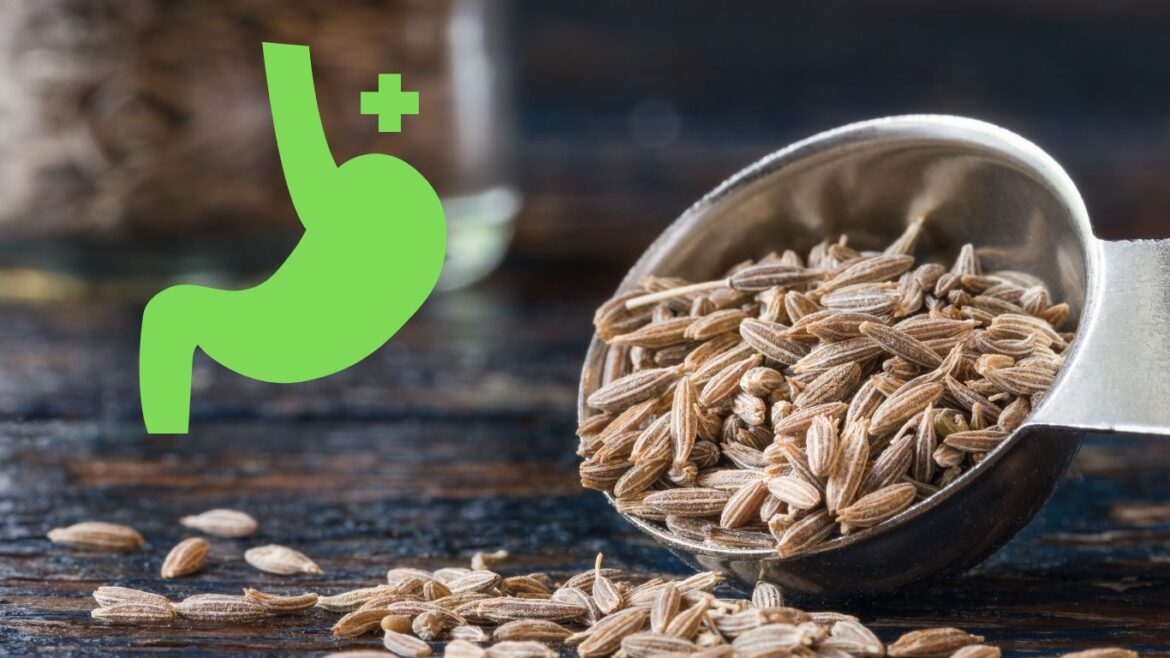In a world brimming with superfoods and dietary supplements, it’s easy to overlook the humble yet mighty powers of traditional spices. Cumin, a spice that’s been a staple in culinary traditions from India to Mexico, is one such hidden gem in the realm of digestive health. This blog post delves into the rich history, scientific backing, and practical uses of cumin as a digestive aid, unveiling why it deserves a prominent place in our kitchens and our wellness routines.
Cumin: The Super Spice for Digestive Health
The Historical Context of Cumin
Long before it became a common ingredient in spice racks around the world, cumin had a storied history. Originating from the Nile valley in Egypt, it quickly spread through the ancient world. Ancient Greeks kept cumin at the dining table in its own container (much like pepper is today), and in India, it became an indispensable part of Ayurvedic medicine. The ancient texts of Ayurveda praised cumin for its digestive properties, recommending it for digestive disorders. This historical use of cumin is our first clue to its beneficial properties – a clue that modern science has begun to unravel in recent years.
Cumin in Modern Research
Recent studies have shed light on the digestive benefits of cumin. Research has identified several key compounds in cumin, including thymol and terpenes, which stimulate the glands that secrete acids, bile, and enzymes responsible for complete digestion. This stimulation not only helps in the digestion of food but also increases the efficiency of nutrient absorption.
Moreover, cumin is rich in antioxidants, which help fight against gut inflammation and reduce the risk of stomach ulcers. The spice’s antimicrobial properties also aid in combating harmful bacteria and parasites in the gut, further promoting digestive health.

The Digestive Benefits of Cumin
- Aids in Digestion: Cumin’s most significant benefit is its ability to aid in the digestion process. The presence of essential oils in cumin activates the salivary glands, which helps in the pre-digestive process of food in the mouth. Furthermore, thymol, a compound found in cumin, stimulates the glands that secrete acids, bile, and enzymes responsible for digestion in the stomach and intestines.
- Relieves Constipation and Bloating: The high fiber content in cumin not only aids digestion but also promotes a healthy bowel movement, relieving constipation. Its carminative properties help in relieving bloating and flatulence by preventing the formation of excess gas in the gastrointestinal tract.
- Combats Stomach Aches and Nausea: Cumin’s antispasmodic properties can relieve stomach aches and abdominal cramps. The spice is also known for its ability to alleviate nausea and morning sickness.
- Boosts Immunity in the Gut: Cumin’s high vitamin C and iron content boost immunity. A healthy immune system is crucial for overall gut health, as it helps combat pathogens that can disrupt the digestive system.
- Helps in Nutrient Absorption: Cumin can increase the activity of digestive enzymes, potentially improving overall nutrient absorption from the diet.
Cumin in Different Cultures and Cuisines
The use of cumin in various cultures underscores its versatility and universal appeal. In Indian cuisine, cumin is often roasted to release its aromatic oils before being added to dishes. In Mexican cuisine, it’s a key ingredient in many spice blends and salsas, adding a warm, earthy flavor. Middle Eastern cuisines use it in everything from hummus to meat dishes. Each cuisine not only adds to the global tapestry of flavors but also unknowingly contributes to better digestive health.

How to Incorporate Cumin into Your Diet
Incorporating cumin into your diet is surprisingly simple and can be deliciously creative:
- As a Spice in Cooking: Add ground cumin to curries, soups, stews, or marinades for a flavor boost.
- Cumin Tea: Boil cumin seeds in water and let them steep for a robust, healthful tea. This can be especially soothing for indigestion or bloating.
- Roasted Cumin Powder: Roast cumin seeds and grind them into a fine powder. This can be sprinkled over yogurt, salads, or used as a seasoning for various dishes.
- Cumin Water: Soak cumin seeds overnight in water. Drinking this water on an empty stomach can have numerous digestive benefits.
Precautions and Considerations
While cumin is generally safe for consumption, it’s important to consider moderation, especially for individuals with any pre-existing health conditions or those on certain medications. High doses of cumin could potentially interfere with blood sugar control or blood clotting. As with any dietary change, it’s wise to consult with a healthcare provider, especially if you have underlying health issues.

Conclusion
Cumin, though small in size, is a powerhouse of digestive health benefits. Its rich history, backed by modern scientific research, underscores its role in aiding digestion, relieving digestive issues, and promoting gut health. By incorporating this versatile spice into our daily diet, we can take a simple yet effective step towards better digestive health. Cumin truly is the super spice for digestive health, combining the wisdom of ancient traditions with the backing of modern science.
In embracing cumin, we not only enrich our plates but also invest in our long-term health, proving that sometimes, the most effective remedies are those that have graced our kitchens for centuries.
Also read: The Ultimate Guide to Liver Health: Tips for Protecting Your Body’s Detoxifier
